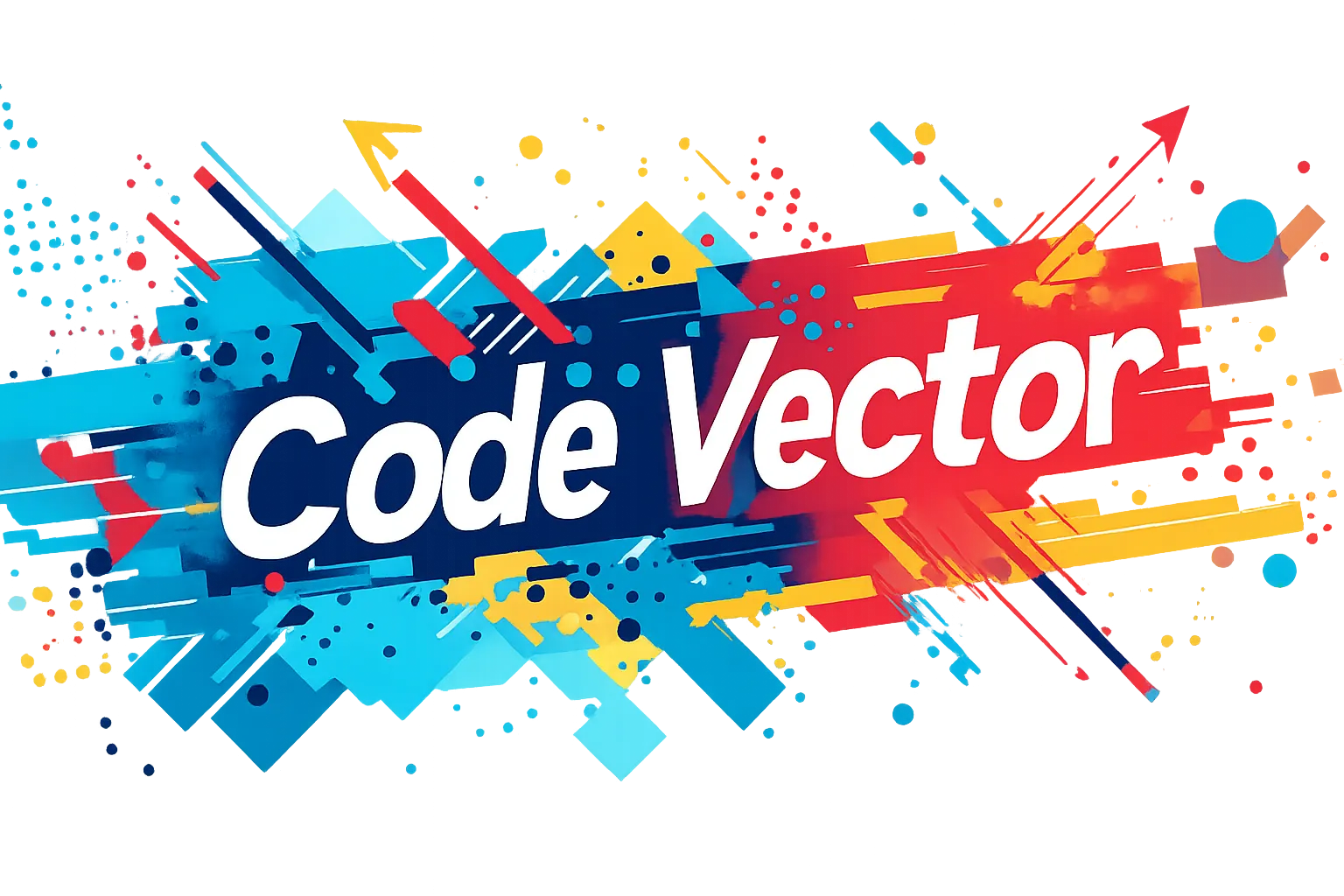Top 10 Free Web Development Courses You Can Start Today (June 2025)
By Alex Read
A curated list of the best free web development courses to learn HTML, CSS, JavaScript, and full-stack development in June 2025.

Top 10 Free Web Development Courses You Can Start Today
Introduction
Knowing where to start your web development journey can be overwhelming and opaque. There are many starting points, and it can be difficult to find the signal through the noise. If you’re just beginning your foray into the field of web development, a free online course is a great way to learn skills without throwing down any cash.
I’ve sifted through a myriad of free course providers and consolidated the best ones into this list. These free courses provide hours of up-to-date and relevant material to get you started coding right away and deploying your first web application.
1. Certified Full Stack Developer Curriculum – freeCodeCamp
freeCodeCamp offers a large variety of free courses for web development. This specific course is a comprehensive curriculum that covers the full range of skills needed to become a full stack developer. It is comprised of lectures, projects, and quizzes to solidify your knowledge and get you started on building your portfolio.
This course is extensive and covers both frontend and backend technologies. Currently, their frontend portion is available, in which you’ll learn HTML, CSS, JavaScript, and frontend frameworks. The backend portion of the course will be available later this year and offers content on Python, databases, and backend JavaScript. As a bonus, the course ends with a career section that helps you prepare for job interviews and landing your first dev job.
What it covers: HTML, CSS, JavaScript, databases, Python, Node.js, Express, React, APIs, testing, and more.
What it offers:
- Totally free, forever
- Over 3,000 hours of content
- Hands-on certifications for each section
Who it’s for: Self-motivated learners looking for a comprehensive, beginner-to-advanced curriculum.
2. Foundations of Front-End Web Development – Udemy
Udemy is a massive online learning marketplace with a wide variety of tech courses taught by experts from around the world. While Udemy offers many paid courses, they frequently run promotions and offer free introductory classes that provide excellent value. The platform’s format is video-based, which suits learners who prefer a classroom feel, and students can interact with instructors and fellow learners in the course discussion boards.
This particular course focuses on the foundations of front-end development, teaching HTML5, CSS3, responsive web design, and JavaScript basics. It’s a great starter for absolute beginners because it breaks concepts down clearly without overwhelming you. The course often gets updated with the latest front-end trends and is a short, focused way to get your feet wet before moving on to bigger challenges.
What it covers: HTML5, CSS3, responsive design, forms, JavaScript basics.
What it offers:
- Taught by a pro developer
- Short and focused (great for getting started)
- Often free or deeply discounted
Who it’s for: Total beginners wanting a quick but structured intro.
3. Codecademy Web Development Catalog
Codecademy is known for its highly interactive, browser-based coding lessons that provide immediate feedback as you learn. The platform is beginner-friendly, offering a clean UI and bite-sized lessons that build upon each other. While some content is behind a paywall, many core web development modules are free, making Codecademy a popular starting point for those brand new to coding.
Their web development catalog includes distinct paths for front-end, back-end, and full-stack learning, covering technologies like HTML, CSS, JavaScript, Node.js, and databases. What’s unique here is the hands-on coding environment embedded right in your browser, so you can practice as you go without needing to set up a local environment. This makes it easy to maintain momentum and build confidence.
What it covers: Separate learning paths for front-end, back-end, and full-stack development.
What it offers:
- Interactive lessons in the browser
- Beginner-friendly UI
- Mix of free and paid content
Who it’s for: Beginners who like learning by doing, with instant feedback.
4. CS50’s Web Programming with Python and JavaScript – Harvard (edX)
Harvard’s CS50 series is legendary in computer science education for its rigor and depth. Offered through edX, CS50’s Web Programming with Python and JavaScript is a follow-up to their popular introductory CS50 course and is geared toward learners who want to master full-stack web programming. The course is taught by Harvard professors and includes rich video lectures, real-world projects, and problem sets.
This course covers modern technologies like Flask and Django (Python frameworks), JavaScript, SQL databases, and APIs, blending both front-end and back-end skills. Its uniqueness lies in the academic pedigree and the depth of concepts taught, including testing and deployment. It’s a fantastic option if you want to learn full-stack development from a top-tier institution at no cost.
What it covers: Flask, Django, SQL, HTML, CSS, JavaScript, Git, APIs, and testing.
What it offers:
- Ivy League-level instruction
- Real-world projects and tools
- Absolutely free (certificate optional)
Who it’s for: Intermediate learners aiming to go deeper into full-stack.
5. Full Stack JavaScript Path – The Odin Project
The Odin Project is an open-source web development curriculum that prides itself on being completely free and community-supported. It’s structured around project-based learning and is particularly popular among self-starters who want to build a strong portfolio while networking with fellow learners in an active Discord community.
The Full Stack JavaScript Path focuses exclusively on JavaScript technologies, including Node.js, Express, React, and MongoDB, along with Git and GitHub for version control. The course’s standout feature is its emphasis on real-world projects that you can add to your GitHub, helping you prepare for job interviews with practical experience, not just theory.
What it covers: Git, HTML, CSS, JavaScript, Node.js, Express, MongoDB, and deployment.
What it offers:
- Focus on real-world projects
- Community-driven support
- Great GitHub portfolio potential
Who it’s for: Learners who want a self-paced, project-first approach.
6. Intro to HTML and CSS – Udacity
Udacity is a well-known tech education platform that partners with industry leaders to create “Nanodegree” programs, but it also offers standalone free courses. The platform is professional and polished, ideal for learners who appreciate a structured approach with quizzes and exercises.
This Intro to HTML and CSS course covers semantic HTML, styling with CSS, Flexbox, and basic responsive design. It’s perfect for beginners who want a solid foundation before moving on to JavaScript or backend topics. Udacity’s course is unique in offering interactive quizzes and hands-on projects that reinforce the lessons clearly.
What it covers: Semantic HTML, CSS styling, Flexbox, and layout fundamentals.
What it offers:
- Highly polished instruction
- Beginner-friendly pacing
- Includes quizzes and feedback
Who it’s for: Visual learners and total newbies.
7. Intro to HTML/CSS: Making Webpages – Khan Academy
Khan Academy is renowned for its free, high-quality educational content across numerous subjects, and its programming courses are no exception. The platform is ideal for learners who prefer bite-sized lessons and interactive coding challenges with instant visual feedback right on the screen.
This particular course teaches the basics of HTML tags, CSS properties, and the box model, all through simple videos and exercises. It’s unique in its low-pressure, friendly approach, making it a fantastic choice for younger learners or anyone looking for a gentle introduction to web development fundamentals.
What it covers: HTML tags, CSS rules, selectors, properties, and box model basics.
What it offers:
- Interactive lessons
- Short, digestible videos
- Works great on mobile
Who it’s for: Learners looking for small, approachable steps.
8. JavaScript30 – Wes Bos
JavaScript30 is a free 30-day coding challenge created by Wes Bos, a well-respected web developer and instructor. Unlike many courses, this one doesn’t rely on any libraries or frameworks—just pure, vanilla JavaScript. It’s designed for learners who have some basic JS knowledge and want to build practical projects.
Over the course of 30 days, you build 30 different small projects like sliders, clocks, and form validators. This project-based approach helps solidify your understanding of JavaScript fundamentals, DOM manipulation, and event handling. The daily pace and real projects make it very engaging and rewarding.
What it covers: 30 vanilla JS projects (e.g., sliders, clock, form validation, etc.)
What it offers:
- No libraries or frameworks
- Focused on hands-on learning
- Fun and engaging daily challenges
Who it’s for: Beginners looking to level up their raw JavaScript skills.
9. W3Schools Spaces – HTML, CSS, JavaScript Tutorials
W3Schools is one of the oldest and most accessible web development resources on the internet. Known for its straightforward tutorials and “Try it Yourself” editors, W3Schools Spaces offers a free, integrated development environment (IDE) right in your browser, perfect for experimenting.
Their tutorials cover everything from HTML basics to advanced JavaScript topics, allowing learners to read concise explanations and immediately test code snippets. The platform’s unique aspect is its simplicity and breadth, making it a handy reference and practice tool for both beginners and more advanced coders.
What it covers: Everything from basic HTML to advanced JS, along with an online editor.
What it offers:
- Instant preview of code
- Simple, searchable format
- Great for referencing while coding
Who it’s for: Beginners who want a playground to experiment with concepts.
10. Web Development for Beginners – Microsoft Curriculum
Microsoft’s free curriculum for web development beginners is hosted on GitHub Pages and designed to help absolute novices start building web apps. The course is part of Microsoft Learn and features 24 lessons covering HTML, CSS, JavaScript, accessibility, and GitHub basics.
What sets this course apart is its integration with GitHub and real-world group projects that simulate professional workflows. The lessons are well-structured with practical examples, making it an excellent choice for learners who want a guided, career-relevant introduction to web dev fundamentals.
What it covers: 24 lessons covering basics of HTML, CSS, JavaScript, accessibility, and GitHub.
What it offers:
- Built for absolute beginners
- Includes group projects and GitHub exercises
- Hosted on GitHub Pages
Who it’s for: Visual learners who want structured modules with real-world context.
Final Thoughts
These 10 courses give you more than enough content to learn everything you need to know to get started in web development. If you’re a brand new developer, I would recommend commiting one course and following it start to finish. This gives you a coherent and consistent learning path to lock in the material.
If you’re a more experienced developer, you can fill in your knowledge gaps with different sections of each course - another benefit of these courses being free!
